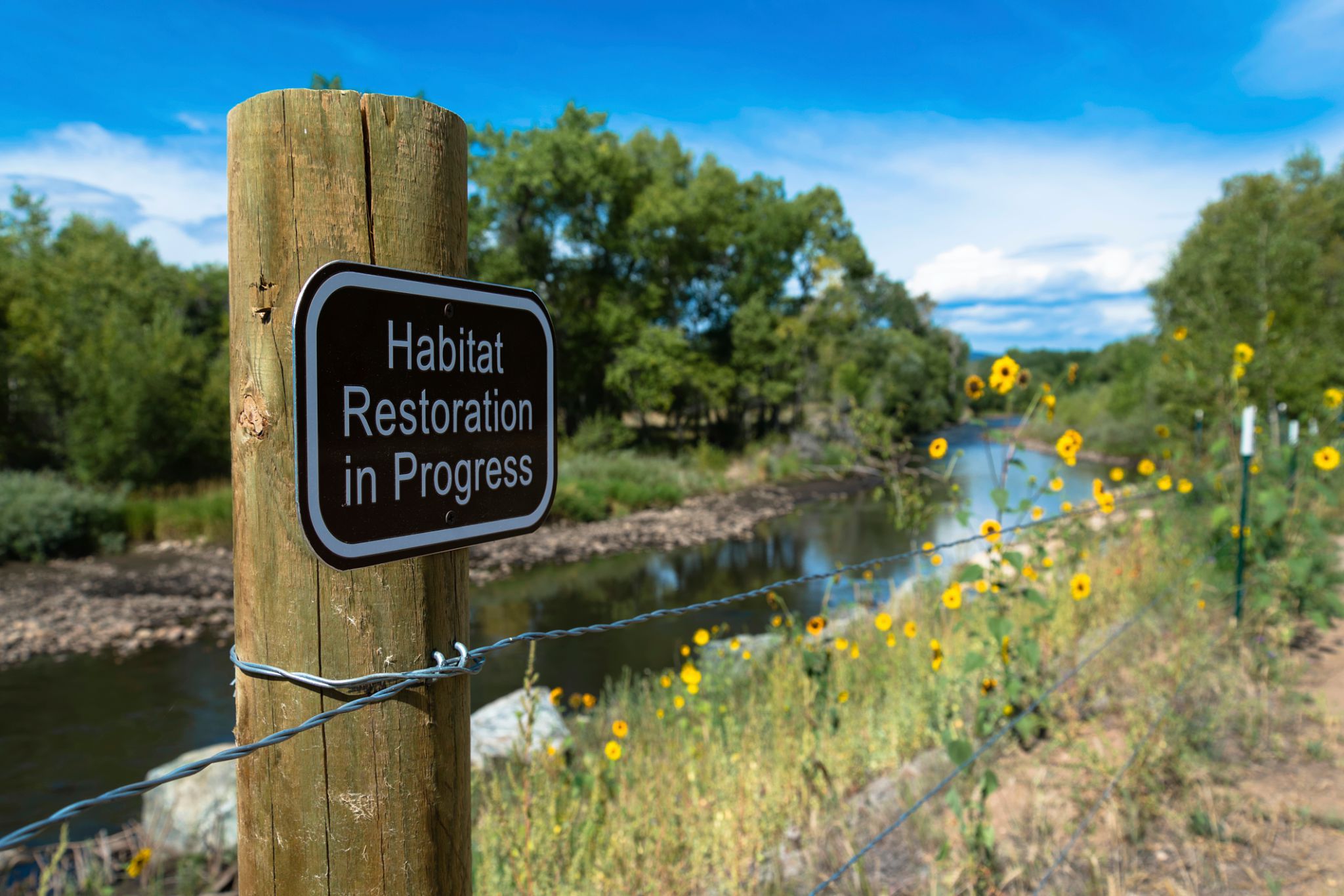Top Ecological Consulting Strategies for Walton County Projects
Understanding Ecological Consulting
Ecological consulting plays a crucial role in sustainable development, particularly in areas rich in natural resources like Walton County. These services are designed to assess and mitigate the environmental impact of development projects, ensuring compliance with local, state, and federal regulations. By integrating ecological considerations into project planning, developers can minimize environmental damage and enhance the sustainability of their projects.

Site Assessments and Environmental Impact Studies
A key strategy in ecological consulting is conducting comprehensive site assessments and environmental impact studies. These assessments help identify sensitive habitats, endangered species, and other critical ecological features that may be affected by a project. By understanding these factors early in the planning process, developers can make informed decisions to avoid or mitigate adverse impacts.
Environmental impact studies also provide valuable data that can inform project design and implementation. They assess the potential effects of construction activities on soil, water, air quality, and biodiversity. Such studies are essential for obtaining necessary permits and ensuring compliance with environmental regulations.
Habitat Restoration and Conservation
Another important ecological consulting strategy is habitat restoration and conservation. In Walton County, where diverse ecosystems thrive, preserving natural habitats is vital for maintaining ecological balance. Ecological consultants work with developers to design restoration plans that enhance degraded areas or create new habitats to offset any unavoidable impacts from development.

Conservation efforts may include reforestation, wetland creation, or the establishment of conservation easements. These initiatives not only benefit the environment but also contribute to the community by providing recreational spaces and enhancing the aesthetic value of the area.
Regulatory Compliance and Permitting
Navigating the complex web of environmental regulations can be challenging for developers. Ecological consultants are experts in regulatory compliance and permitting processes, ensuring that projects meet all legal requirements. This includes obtaining permits related to water quality, endangered species, and land use changes.
Staying compliant helps prevent costly delays, fines, or legal action that can arise from non-compliance. Consultants work closely with regulatory agencies to ensure all necessary permits are acquired efficiently and effectively.

Sustainable Design and Development
Sustainable design is at the heart of ecological consulting strategies. By incorporating sustainable practices into project planning, developers can reduce environmental impact while achieving economic objectives. Strategies may include using eco-friendly materials, implementing energy-efficient systems, and designing landscapes that promote biodiversity.
Moreover, sustainable development solutions often lead to long-term savings by reducing resource consumption and operational costs. Ecological consultants provide valuable insights into how projects can be designed to maximize sustainability benefits while meeting development goals.
Community Engagement and Education
Effective ecological consulting goes beyond technical assessments and compliance. Engaging with the local community is essential for successful project outcomes. Consultants often facilitate community education programs to raise awareness about the ecological aspects of development projects and their potential benefits.
By involving the community in decision-making processes, developers can foster goodwill and support for their projects. This engagement not only improves project acceptance but also encourages sustainable practices at a local level.